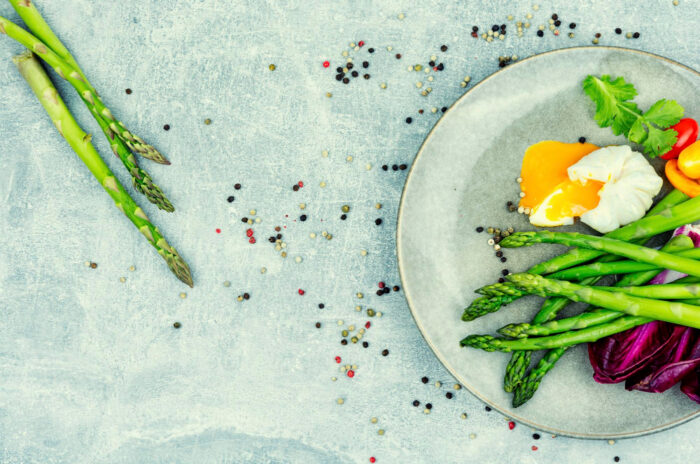Perhaps this fibre alternative is just what you need to increase your gut health.
Getting the right amount of fibre in your diet daily is one of the key components to better health and longevity.
I’ve written many posts on pre and pro-biotics and their relevance to building superior gut health. However, I believe we missed one key fibre along the way called Inulin.
Inulin is prebiotic and can be easily fermented by the bacteria in your gut.
Fermentation then ignites short-chain fatty acids that positively change our gut microbiome.
Some of these positive effects range from inflammation protection and healthy mucus production, which becomes an intestinal barrier.
Inulin feeds the bacteria within our gut and produces something called butyrate. Butyrate is a form of post-biotics that helps maintain a healthy gut.
What the study found
A study conducted in 2017 indicates that Inulin is associated with improved gut microbiota, increases your chances of absorbing minerals, increases immune function and reduces your risk of irritable bowel diseases and constipation.
Limited research has also indicated that Inulin can help someone with type two diabetes and high blood sugar.
That claim cannot be backed up by a comprehensive study yet — but something to keep in mind.
There is no denying now with all this research at our disposal, keeping our gut healthy is one of the most important aspects of better health, longevity and weight loss.
Inulin is just one aspect of gut health, and we should watch all the different food sources we consume and make better choices to attain better quality gut microbiome.
Here are some foods you can integrate every day to get yourself a boost of Inulin.
One: Add garlic to your foods
Regular cooking with garlic (12.5g) adds a nice boost of Inulin to your diet.
It’s flavoursome and helps promote the growth of a bacteria called bifidobacteria, which is good for the gut.
Two: Add some Asparagus to our salads
Asparagus (2.5g) is rich in Inulin and aids post-biotic production.
It’s not as high in Inulin as other vegetables, but the levels increase when you consider all the foods you eat daily.
Plus, asparagus is delicious with oil, garlic and some salt!
Three: Chicory Root as a coffee/drink alternative
Chicory (contains 41.6g) may be foreign to most people, but it’s a great alternative to coffee, minus the caffeine.
It’s naturally bitter, but you can add some spices or milk to make it into the usual coffee-based drink.
Although chicory is high in Inulin, it’s probably not going to be highly appealing in flavour to many, but worth a try.
Four: Dandelion into your salads
Sometimes dandelion (13.5g) is used in herbal teas and can be added to salads or pesto.
They are a great source of vitamins and minerals like Vitamin A, C, and K, potassium, folate and calcium.
Dandelions are strong in flavour, so it takes some experimentation to determine what suits your tastes.
You could add olive oil and your dressing alternatives to increase its palatability.
Key takeaways
There are many other alternatives I didn’t mention here, such as bananas, leeks, onions and artichokes.
You could also buy a stand-alone supplementation, which can cause diarrhoea and bloat.
Start small and keep adding more as you become accustomed to it.
I had a lot of uncomfortable symptoms from putting Inulin into my oats, so proceed with caution. You can find more information on Web med.
Please help support all the wonderful writers on this platform by subscribing to Medium here. It helps to encourage further writers like myself who want to make a positive difference in people’s lives.
You can also follow me on YouTube for the latest, science-backed research on health, weight and weight training, and an endless supply of healthy recipes.
You may also like to download my FREE Fat Loss Recipe book.
I appreciate your support.
